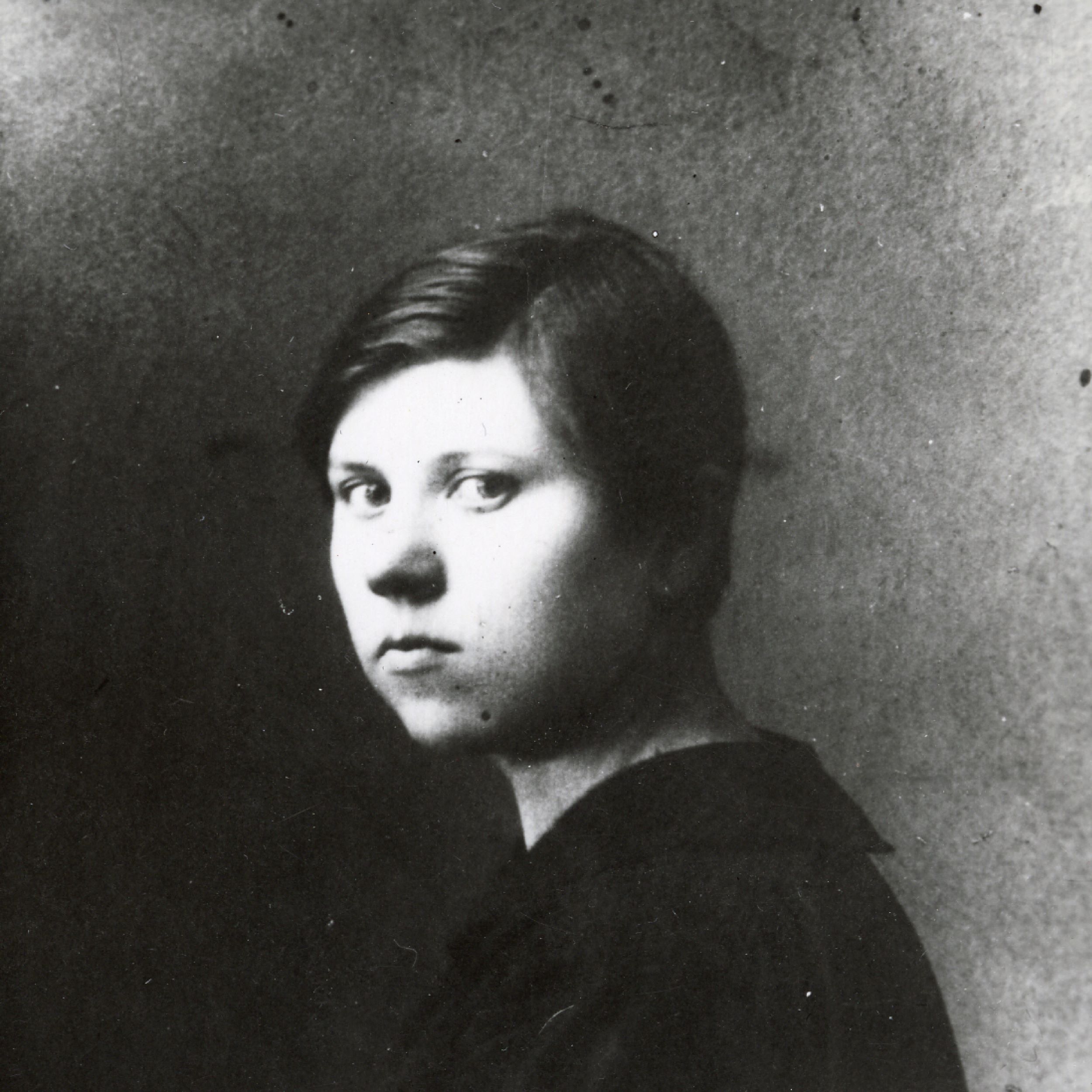 Vilnius University Library has in its holdings a large collection of the manuscript heritage, including letters, notes, photos and diaries, that used to belong to Ona Šimaitė, a rescuer of Vilnius Ghetto Jews, the Righteous Among the Nations and a librarian. In 2024, while marking the 130th birth anniversary of Ona Šimaitė, the Library presents a part of her documentary heritage and a story based on it in digital format.
Vilnius University Library has in its holdings a large collection of the manuscript heritage, including letters, notes, photos and diaries, that used to belong to Ona Šimaitė, a rescuer of Vilnius Ghetto Jews, the Righteous Among the Nations and a librarian. In 2024, while marking the 130th birth anniversary of Ona Šimaitė, the Library presents a part of her documentary heritage and a story based on it in digital format.
The link to Digital Collection of Ona Šimaitė: here
The link to Story: here
Surviving documents bear witness to the strong spirit, courage, modesty and selflessness of this woman and give an insight on her needs: Šimaitė cannot imagine her life without books, theatre, music, art and everyday help for those surrounding her. Her entire life was dedicated to helping others. In the war years, it was help for the Jews and later for the close ones and to all who needed her to send books and parcels, to write reviews, to give friendly emotional support through letters and personal attention.
Ona Šimaitė worked at Vilnius University Library in 1940-1944. After German occupiers established a ghetto for the Jews in Vilnius in 1941, Ona Šimaitė became a rescuer of the ghetto prisoners. While working at VU Library, with the VU rector’s (Mykolas Biržiška) approval, she started visiting Vilnius Ghetto on a pretence of retrieving books borrowed from the Library. Actually, Ona Šimaitė would bring in for the prisoners of the ghetto some food, forged documents, or weapons, parcels from other people and at the same time she would take out letters, valuable books and manuscripts from the ghetto. Šimaitė would also look for people who would provide a safe refuge for the Jewish children and she herself would help to hide refugees.
For helping the Jews, Šimaitė was arrested by the Gestapo and sentenced to death, and tortured. The University managed to bribe German officials and her sentence was commuted from death to Dachau concentration camp. Later Šimaitė was transferred to a concentration camp in France. After the war and liberation, she never returned to Lithuania, she lived in France (except two years in Israel), where she died.
Until the end of her life, Šimaitė spoke out against anti-Semitism.
2024-05-30
